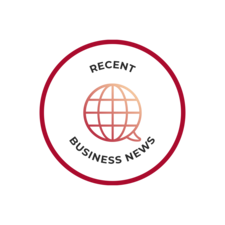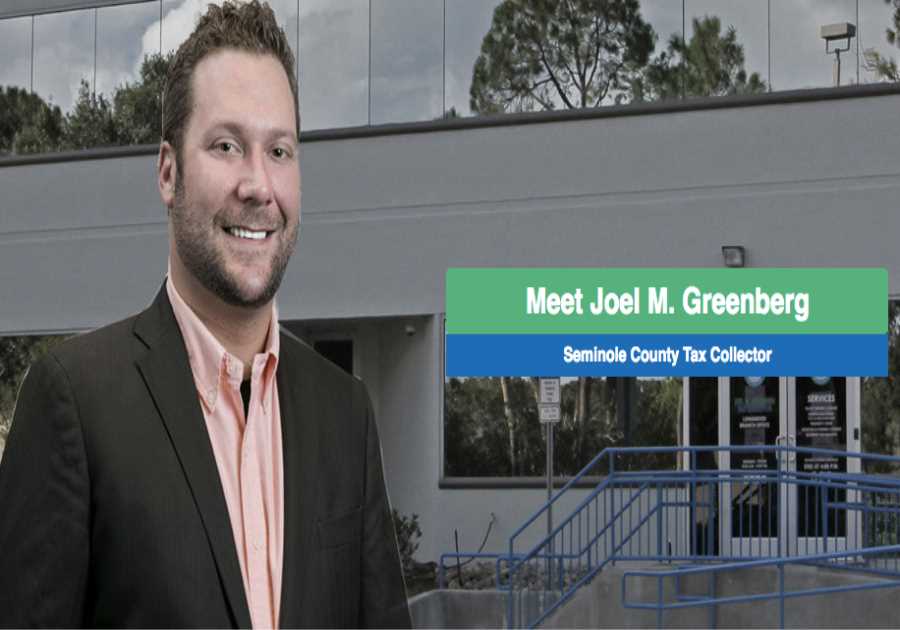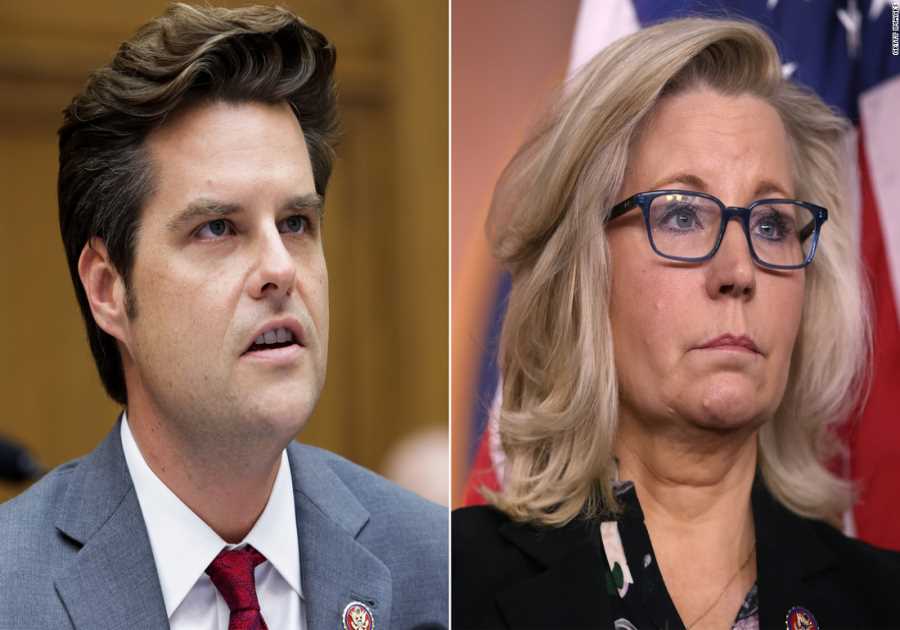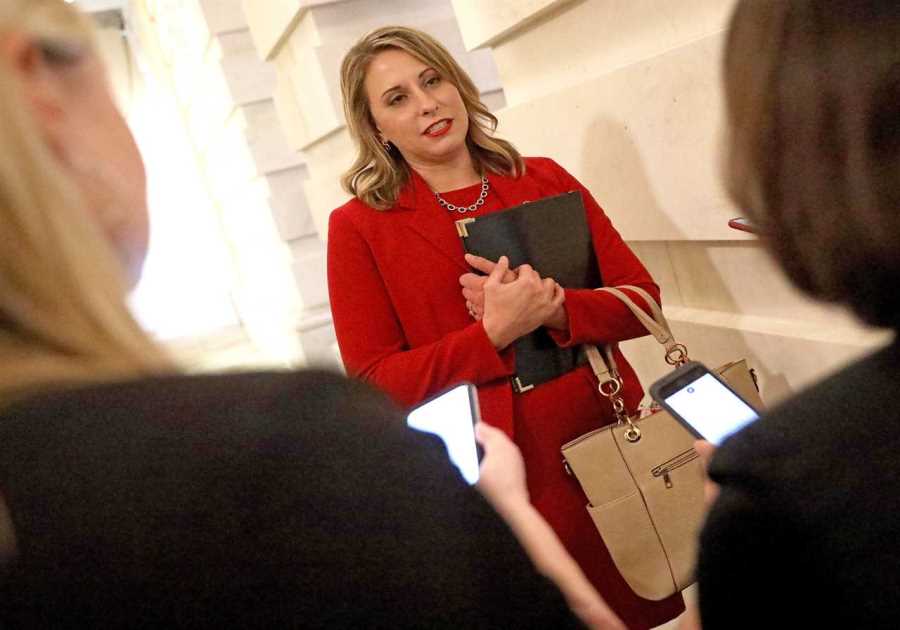
Big Tech recovers after a rough day Wednesday on Wall Street.
Matteo Colombo/Getty Images
Global banks are expected to lose up to $10 billion from the Archegos meltdown, JPMorgan said.
This is 5x the normal loss level for a collateralized daily mark-to-market business, JPMorgan added.
It however cited three lessons the industry could take away from the implosion that has roiled the markets.
Sign up here for our daily newsletter, 10 Things Before the Opening Bell
Global banks are expected to lose up to $10 billion following the Archegos Capital Management meltdown, JPMorgan said Monday - raising its estimate from an initial $2 billion-$5 billion - with Credit Suisse Group and Nomura Holding hardest hit.
"One line of argument which could explain why the scale of losses suffered by [Credit Suisse] and Nomura was higher could be a higher level of leverage extended by these banks compared to [Goldman Sachs and Morgan Stanley], which seem to have suffered smaller losses if any," JPMorgan analysts led by Kian Abouhossein said in a research note Monday.
JPMorgan clarified that there may also be additional considerations that determined the sizable difference between the scale of losses suffered, such as the timing of the sale of positions, among others. Nonetheless, the entire episode affects the industry overall, given that global banks could end up losing five times the normal loss level for a collateralized daily mark-to-market business.
JPMorgan cites three lessons the industry could take away from the fund's implosion.
First, investment banks in general are in better shape today and are more focused on high-volume execution platforms.
"There is no excessive leverage in the [investment banking] or [private banking] industry," JPMorgan said. "Although [private banking] leverage has been increasing, it is nowhere near prior peaks."
The bank also said it sees no excessive equity-swap growth, a simple instrument all parties will benefit from.
Second, US regulatory frameworks like Basel III and the Dodd-Frank Act have improved the risk profile of investment banks. JPMorgan, however, noted that there is still weak oversight for non-bank entities, especially when it comes to family offices.
Archegos, a family office founded in 2012, did not have to disclose investments, unlike traditional hedge funds. JPMorgan also pointed to the lack of transparency when it came to equity-swap filings.
The Archegos sell-off exposed the fragility of the financial system, especially those involving lesser-known practices such as total return swaps, a derivative instrument that enabled Bill Hwang's office not to have ownership of the underlying securities his firm was betting on and the secrecy of family offices. Typically, family offices enjoy the "private adviser exemption" provided under the Advisers Act to firms as these usually advise less than 15 clients, among other conditions.
But JPMorgan said, "filing requirements would have applied to Archegos given its sizable exposure to some US securities. However, the fact that Archegos did not file with the [Securities and Exchange Commission] can be explained by the usage of total return swaps, which seems to be the primary method through which the sizable positions were built by Archegos."
Dan Berkovitz, a Democratic commissioner on the Commodity Futures Trading Commission, denounced family offices and their ability to skirt some oversight.
"A 'family office' has nothing to do with ordinary families," he said in a statement on April 1. "Rather, it is an investment vehicle used by centimillionaires and billionaires to grow their wealth, reduce their taxes, and plan their estates."
Third, JPMorgan said private banks, specifically those linked to Archegos, moving forward could improve their onboarding, especially with clients with backgrounds such as Hwang, who has run into trouble in the past. Private banks could also strengthen their risk management by giving less leverage to non-transparent family offices with concentrated positions and ensure checking the clients' rehypothecation risk, among others.
Archegos in late March used borrowed money to make large bets on some stocks until Wall Street banks forced Archegos to sell over $20 billion worth of its shares after failing to meet a margin call. Hwang grew his family office's $200 million investment to $10 billion. Reports say the former Tiger Management trader lost $8 billion in 10 days.
Read the original article on Business Insider






